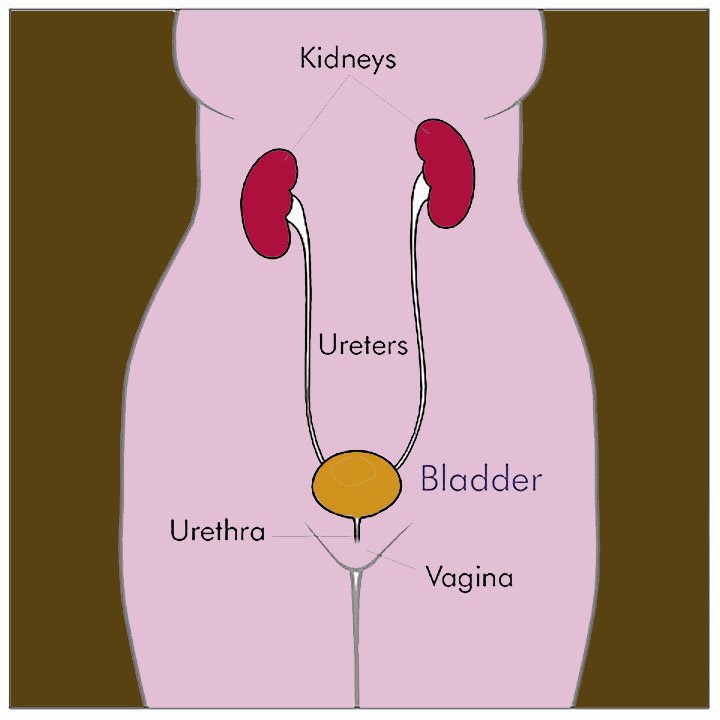
Urine tests are a routine part of prenatal care, providing essential information about a pregnant woman’s health. During pregnancy, changes in urine can indicate various conditions that need attention. Understanding the significance of these tests, common changes in urine, and potential problems can help expectant mothers ensure a healthy pregnancy. This guide covers everything you need to know about urine tests, changes, and potential problems related to urine during pregnancy.
The Importance of Urine Tests During Pregnancy
Regular Monitoring
Urine tests are conducted regularly throughout pregnancy to monitor various health parameters. These tests can help detect conditions that might affect the mother or baby, ensuring timely intervention and treatment.
Types of Urine Tests
- Urine Dipstick Test: This quick test checks for protein, glucose, ketones, and signs of infection.
- Urinalysis: A more comprehensive test that examines the appearance, concentration, and content of urine.
- Urine Culture: Identifies bacteria that may be causing a urinary tract infection (UTI).
Key Indicators
- Protein Levels: High levels of protein in urine can indicate preeclampsia, a serious condition that requires medical attention.
- Glucose Levels: Elevated glucose levels may suggest gestational diabetes, which needs to be managed for the health of both mother and baby.
- Ketones: Presence of ketones can indicate that the body is using fat for energy instead of glucose, which may happen if a pregnant woman is not eating enough or has gestational diabetes.
- Infections: Urine tests can detect urinary tract infections (UTIs) which are common during pregnancy and can lead to complications if untreated.
Why Urine Tests Are Important
- Monitoring Health: Urine tests help monitor the health of both mother and baby, checking for conditions like gestational diabetes and preeclampsia.
- Detecting Infections: Early detection of UTIs can prevent complications.
- Assessing Kidney Function: Ensures that the kidneys are functioning properly during pregnancy.
Common Urine Changes During Pregnancy
Increased Frequency
Pregnant women often experience increased frequency of urination due to hormonal changes and pressure from the growing uterus on the bladder.
Colour Changes
- Light Yellow: Normal, indicating good hydration.
- Dark Yellow: May suggest dehydration and the need for more fluids.
- Red or Pink: Could be caused by blood in the urine, a sign of infection or other issues that need medical evaluation.
Odour Changes
Changes in the smell of urine can occur due to dietary changes, dehydration, or infections. A strong, unusual odour should be discussed with a healthcare provider.
Potential Problems Indicated by Urine Changes
Urinary Tract Infections (UTIs)
- Symptoms: Burning sensation during urination, frequent urge to urinate, cloudy or strong-smelling urine.
- Prevention: Stay hydrated, practice good hygiene, and empty the bladder frequently.
- Treatment: UTIs are treated with antibiotics that are safe during pregnancy. Untreated UTIs can lead to kidney infections and preterm labour, so prompt treatment is essential.
Proteinuria
- Symptoms: Often symptomless, detected through urine tests.
- Causes: Can indicate preeclampsia, a serious condition characterized by high blood pressure and high levels of protein in the urine. Symptoms may include severe headaches, blurred vision, and swelling. It is a serious condition that can affect the mother and baby’s health, requiring close medical monitoring and management.
- Management: Regular monitoring and medical intervention if preeclampsia is diagnosed.
Gestational Diabetes
- Detection: Presence of glucose in urine.
- Management: Controlled through diet, exercise, and sometimes medication to ensure a healthy pregnancy and reduce the risk of complications during delivery.
Maintaining Urinary Health During Pregnancy
Hydration
Staying well-hydrated is crucial for maintaining healthy urine and overall health during pregnancy. Drinking plenty of water can help prevent dehydration and UTIs.
Attending all prenatal appointments allows healthcare providers to monitor urine and other health indicators, ensuring any issues are detected and managed early.
Proper Hygiene
Maintaining good personal hygiene can help prevent infections. This includes wiping from front to back after using the toilet and wearing breathable, cotton underwear.
Conclusion
Urine tests are a vital part of prenatal care, helping to monitor the health of both the mother and baby. Understanding the importance of urine tests, recognizing common changes, and addressing potential problems are essential for maintaining urinary health during pregnancy. Regular medical check-ups, proper hydration, and good hygiene practices are key to managing urine-related issues during pregnancy.

RECENT POSTS
- Hypnosis in Pregnancy and Delivery: A Comprehensive Guide
- Pregnancy Tests: What is Amniocentesis? Your Complete Guide.
- Study at Home for a New Job or New Career: Your Path to Success
- What is Advanced Maternal Age?
- Essential Guide to Changes in Pregnancy
- Buying for a New Baby: The Essentials
- The Ideal Home Business: You Can Start a Podcast
- Is Retained Placenta a Medical Emergency?
- What are the Reasons for Internal Examinations During Labour
- Nikon D7500 Digital SLR Camera Review for Baby Photography
- Baby Photography Tips and Professional Advice
- My Baby Wishlist: Your Plan for Pregnancy and New Baby
- Benefits of Work from Home with Remote Jobs Your Complete Guide.
- What to Expect in the First Week Postpartum: A Guide for New Mothers
- The Benefits of Using a Pregnancy Pillow an Essential Guide
- Teen Pregnancy Under 16: Essential Information and Support
- Urine -Tests, Changes, and Problems During Pregnancy. What You Need to Know
- Pregnant Work-from-Home: Selling Cooking Videos Your Complete Guide
- Pregnancy Stretch Marks Advice on Prevention and Treatment
- How to Make Money Working from Home When Pregnant
Leave a Reply